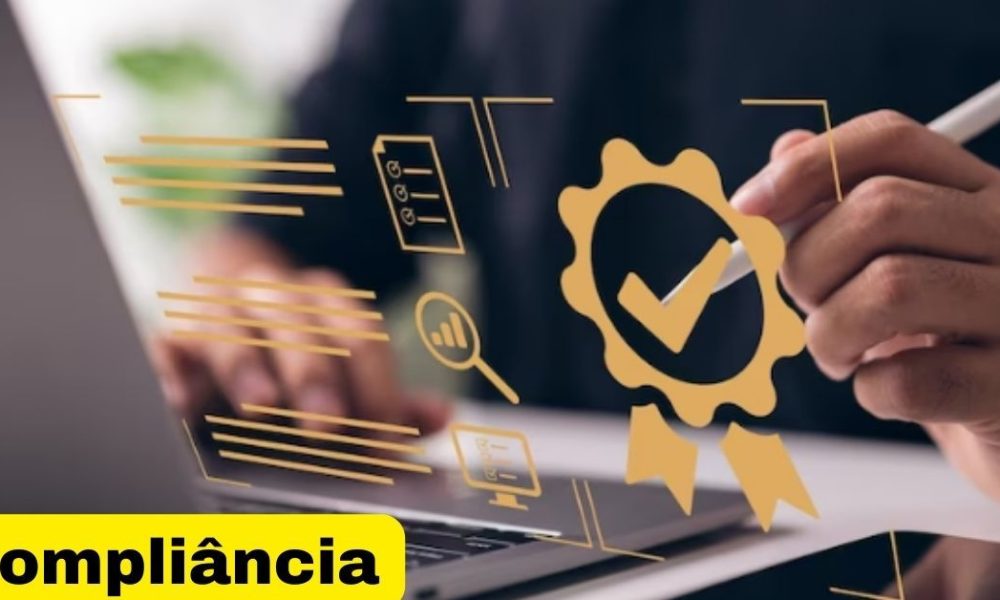Table of Contents:
- Introduction to Audit Preparation
- The Importance of Organized Financial Records
- How Companies Can Get Ready for an Audit
- Utilizing Technology in Audit Preparation
- Common Challenges and How to Overcome Them
- The Role of External Auditors
- Future Trends in Audit Preparation
- Conclusion and Best Practices
Streamlining audit preparation involves organized record-keeping, regular financial reviews, and early identification of compliance requirements. Accounting software helps maintain accurate records while transparent internal processes reduce errors. Preparing in advance minimizes last-minute stress, ensures compliance, and leads to smoother, more efficient audits, ultimately supporting business credibility and transparency.
Introduction to Audit Preparation
A company’s financial accounts are carefully examined during an audit to guarantee accuracy and adherence to accounting rules. Evaluating risk management procedures and preserving financial credibility and transparency is essential. A clean audit report can enhance reputation, lead to new business opportunities, and increase stakeholder confidence. Regular preparation demystifies the audit and maintains a high standard of financial record. However, the process can be overwhelming for businesses of all sizes. With proper audit preparation assistance, the task can be simplified. Regular audits are essential for maintaining financial health, enhancing transparency, and fostering stakeholder trust. They are not just regulatory requirements but also serve as introspection tools for businesses to identify areas for improvement. This article provides practical strategies and insights for audit preparation, ensuring financial integrity and operational efficiency.
The Importance of Organized Financial Records
Keeping financial records organized is crucial. Disorganized records can lead to oversights, errors, misunderstandings, and a stressful audit process. To tackle this, businesses must develop a systematic approach to organizing financial data. Start by implementing an intuitive filing system that allows for easy and immediate data retrieval when required. Routine updates and reviews of these records ensure accurate recording and categorization of every transaction. Having a routine schedule for record maintenance can significantly reduce the last-minute scramble often associated with audits, allowing a smoother and more controlled auditing experience.
How Companies Can Get Ready for an Audit
- Designate a Responsible Team: Appoint a dedicated team or individual to oversee the audit preparation process. This ensures accountability, clear task delegation, and consistent oversight, vital for maintaining order and efficiency in preparation efforts.
- Review Financial Records: Conduct internal audits and reviews of financial documents before the official audit. This step helps identify discrepancies and anomalies in the records, offers a chance to rectify these issues proactively, and strengthens the organization’s audit readiness.
- Understand Regulatory Requirements: Stay current with the most recent compliance needs, auditing standards, and industry-specific laws. Knowledge of these norms allows businesses to align their practices accordingly, minimizing the risk of penalties for non-compliance.
Utilizing Technology in Audit Preparation
In today’s digital age, technology is an ally that businesses should leverage to simplify audit preparation. Advanced accounting software and audit management tools can automate and streamline data collection, allowing for more efficient organization of financial records. These accounting platforms not only enhance the accuracy of the data but also provide real-time insights and analytics, making the audit process less cumbersome. Additionally, technology may help internal teams collaborate and communicate more efficiently, keeping everyone in sync and working toward the same objective.
Common Challenges and How to Overcome Them
Audit preparations come with their own set of challenges. Common issues include incomplete records, outdated data, and a need for more awareness about regulatory changes. These challenges, however, are manageable. Businesses should implement periodic reviews of their financial documentation to keep the data current and comprehensive. Investing in staff training ensures that the employees are well-versed in the latest industry standards while establishing clear communication channels between departments, fostering transparency and collaboration. Prioritizing these areas can turn potential hurdles into stepping stones for more efficient audit preparation.
The Role of External Auditors
External auditors offer an independent perspective that is invaluable during the audit process. Their impartiality ensures that the financial statements are free of bias, and their expertise helps identify discrepancies that internal teams may overlook. Businesses should work to establish a cooperative relationship founded on respect and open communication to interact with external auditors efficiently. Providing timely and easy access to necessary documents and promptly addressing queries can significantly enhance the audit experience, making it less disruptive and more constructive.
Future Trends in Audit Preparation
The landscape of audit preparation is continuously evolving, and technological advancements are leading the charge. Automation, artificial intelligence, and other digital solutions are increasingly integral to audit processes. Emerging technology trends such as blockchain and data analytics are set to transform how audits are conducted, offering more precision, speed, and insight. By adopting these advances, companies may improve operational efficiency and remain ahead of compliance requirements while ensuring audit preparation complies with current best practices.
Conclusion and Best Practices
Audit preparation is an ongoing process that businesses can simplify and grow by staying organized, informed, and using modern tools. Essential best practices include maintaining record-keeping, implementing reliable technology solutions, and fostering open communication with auditors. These guidelines ensure smooth audits, financial integrity, and accountability, paving the way for sustainable growth and success.








